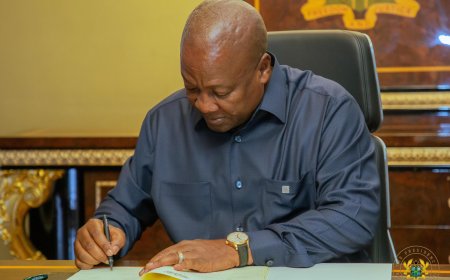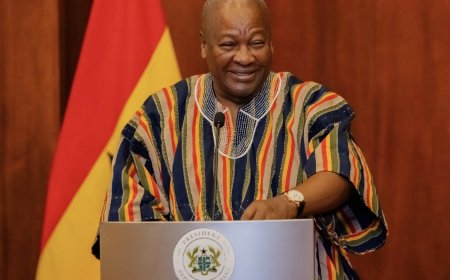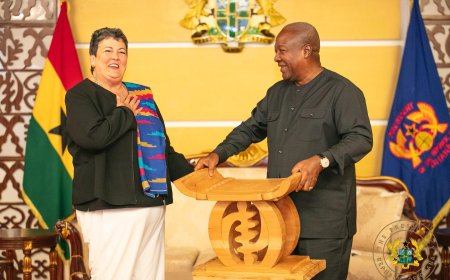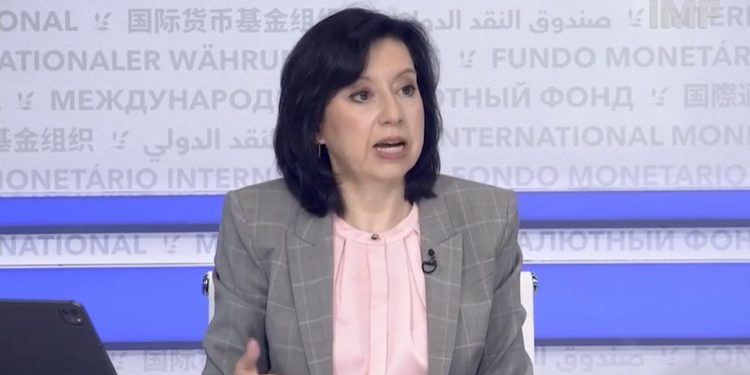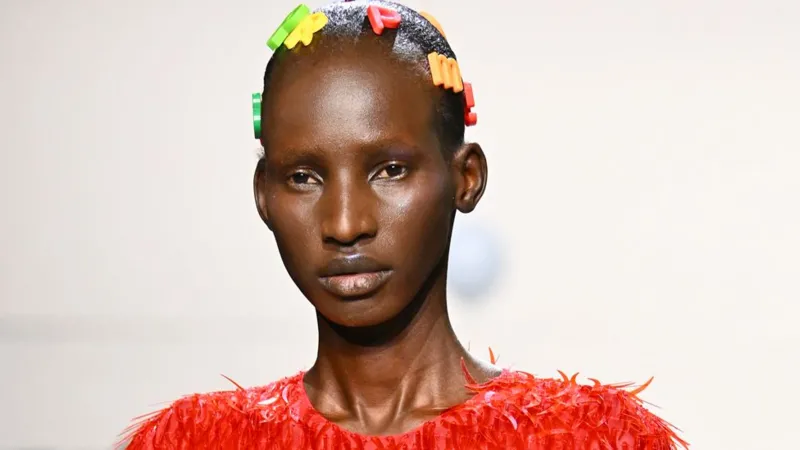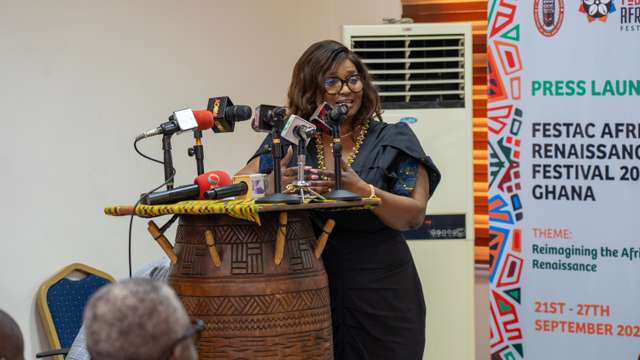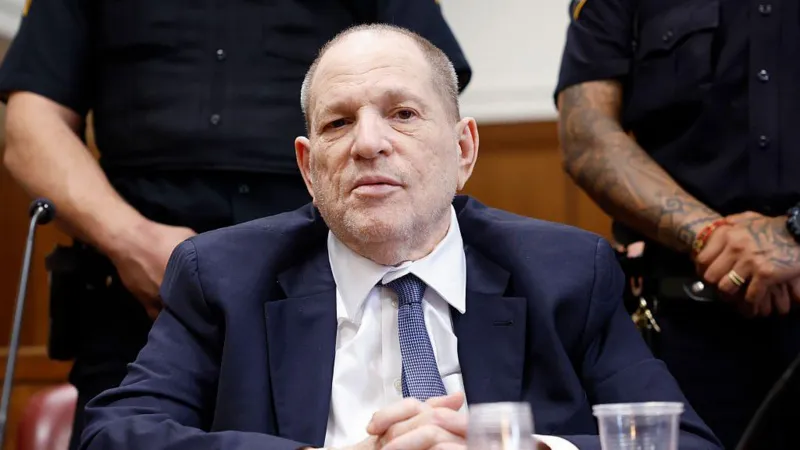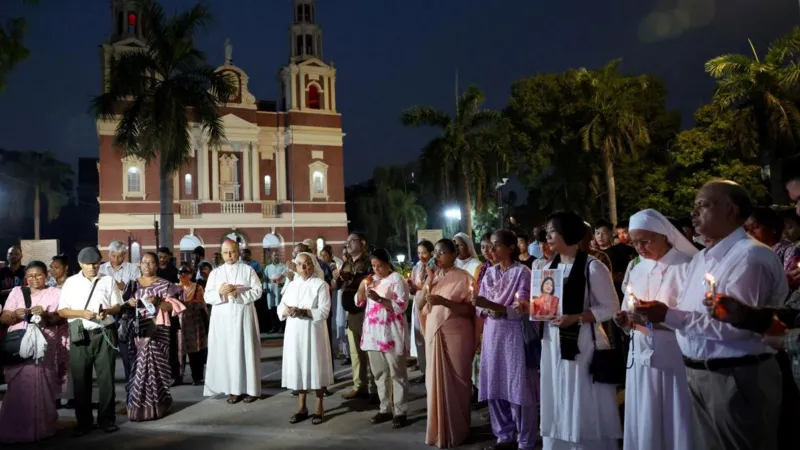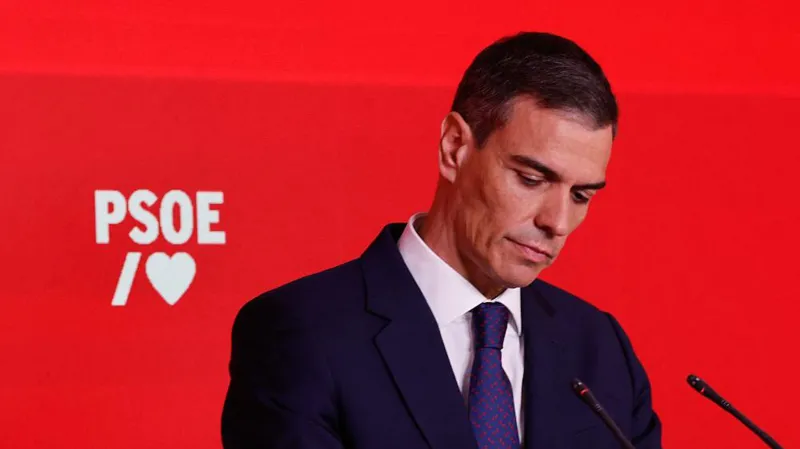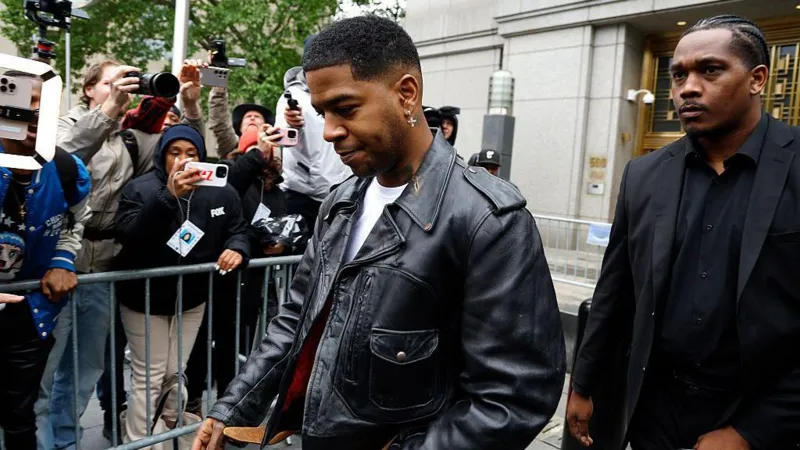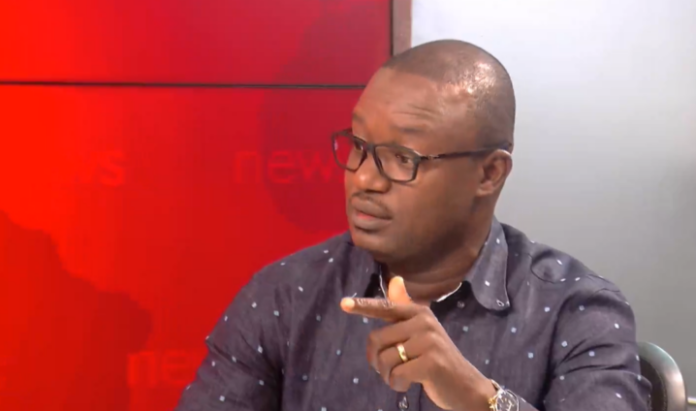Etse Sikanku writes: In defense of the Vice Presidency
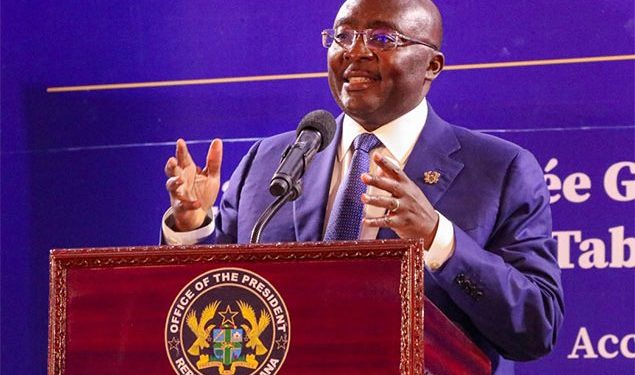
Donald Trump’s closing statements in the recent debate with Kamala Harris invoked a certain trope about Vice Presidents which has become part of the public discourse and popular imagination not just in the United States but in other parts of the world. In Ghana, for instance, a similar narrative has continued to hold sway even as a highly vigorous and competitive presidential election rages on.
There are many who thought Trump’s incantations about the Vice Presidency and its power as a policy decision-making institution was one of the strongest moments in the debate. Some even went as far as saying it was so strong it should have been said earlier in the debate. I beg to differ.
Perhaps this is an important moment, to have conversations about the nature, stature and role of the Vice Presidency in modern democracies. For whatever reason, the Vice Presidency, despite being with us for as long as we can remember, continues to remain one of the most paradoxical and amorphous positions in democratic governance. Seen but not often heard, prestigious but under the constant gaze of the president and high in executive structure but limited in final decision-making, the Vice presidency continues to remain an ambiguous, mythical and perhaps opaque office for many. This is what has sometimes contributed to the confusion about its efficacy.
In fact, the first Vice President of one of the world’s most touted democracies John Adams, once wrote “I am nothing but I may be everything”. One of the leading scholars on the Vice Presidency James Goldstein once wrote: “That the vice presidency has always received rough treatment is not surprising”. According to Goldstein, “…for the most of its history…the second position has been seen not unfairly as an accessory, both meaningless and menacing”. Of course, this may have somewhat changed over time, but it does not take away the fact that “…the vice presidency has been the target of more derision than any other national office” (Goldstein).
The former Vice President Thomas Marshall once said about the office: “Once there were two brothers: one ran away to sea, the other was elected Vice-President nothing was ever heard from either of them again.” All these statements speak to the limitations of the office. I bring in these quotes and statements to make the point that we should be measured in terms of our evaluations of a Vice President seeking office because at the end of the day, the buck does not stop with them but the President.
Of course, there is some measure of responsibility Vice Presidents will have to take as major officers of an administration. However, the extent to which a Vice president is lampooned or assigned blame with an administration is what we’re talking about here.
This is not to say that Vice Presidents cannot be useful or effective. There have been some, who like Dr Mahamudu Bawumia of Ghana, have been more visible, more zealous, more agile, more innovative and certainly more industrious in the office. His focus, for instance, on mainstreaming digitalization as a national agenda has led to major transformations and systemic changes in the nation in an impactful way. It has achieved national resonance in addition to its contribution to a more inclusive, efficient, productive, just and empowered citizenry. As I’ve argued elsewhere, he has contributed to the recalibration of the shape and form of a modern Vice Presidency in a fundamental way.
It must be noted that the extent of their impact also rests on the level of flexibility granted by the president and so President Nana Akufo Addo has to be recognized for his reconceptualization of the office.
The effectiveness of Vice Presidents also depends on their own ingenuity, creativity, thoughtfulness, initiative, expertise, demeanour and political skill. It also depends to a large extent on their own disposition, malleability and ability to turn as we say in local parlance, “nothing” into “something”. Great Vice Presidents are those who are able to read the moment and have both the acuity and capacity to create something of value in a way that supports the president, the administration and the nation as a whole.
For Kamala Harris, it does seem like she has earned the trust and respect of not just her party but a section of the public as a Vice President who did not rock the boat but used the office to further strengthen her leadership, foreign policy, human rights and governance capabilities. The point, which has been made by many leaders and scholars is that when you are Vice President, you do not get to lead the charge or make decisions the same way as a president might make. As one Senate leader once said, you’re not necessarily in charge” fully.
While it is understandable to assess the Vice President based on their time in office and other indicators, there are limitations to how far we can go because there’s the word “Vice” right there before the word President.
By: Etse Sikanku, Associate Professor of Political Communication. Author of the books “Dr Bawumia and the Modern Vice Presidency” & “The Afrocemtric Obama”
